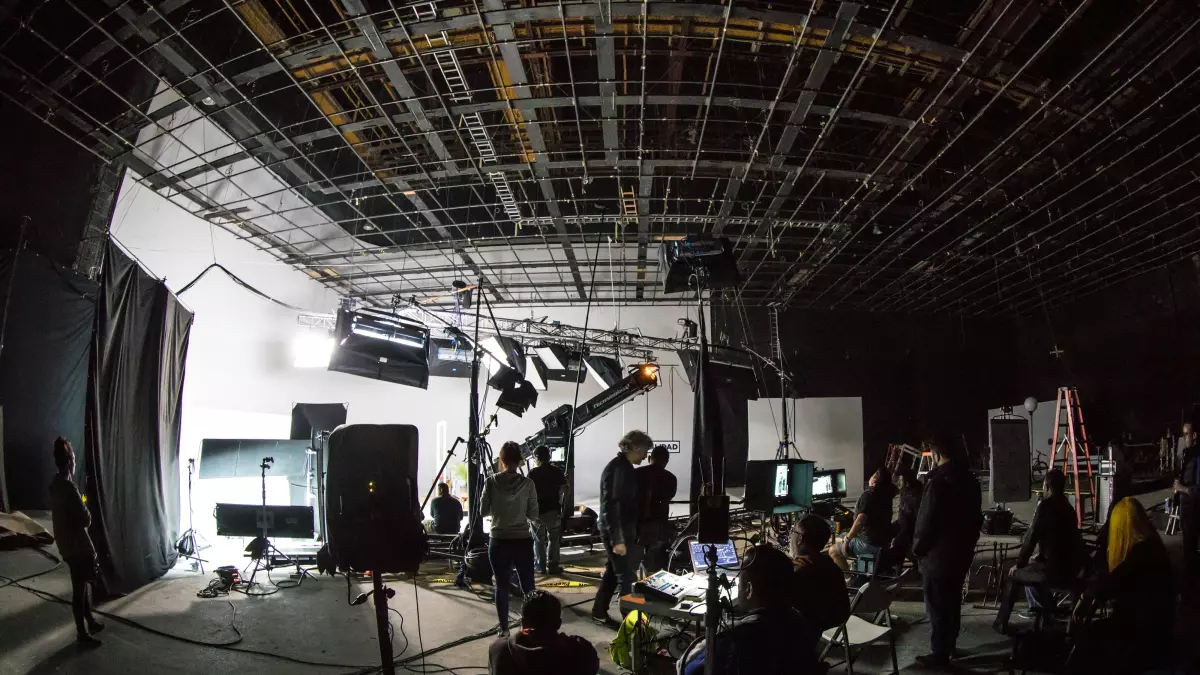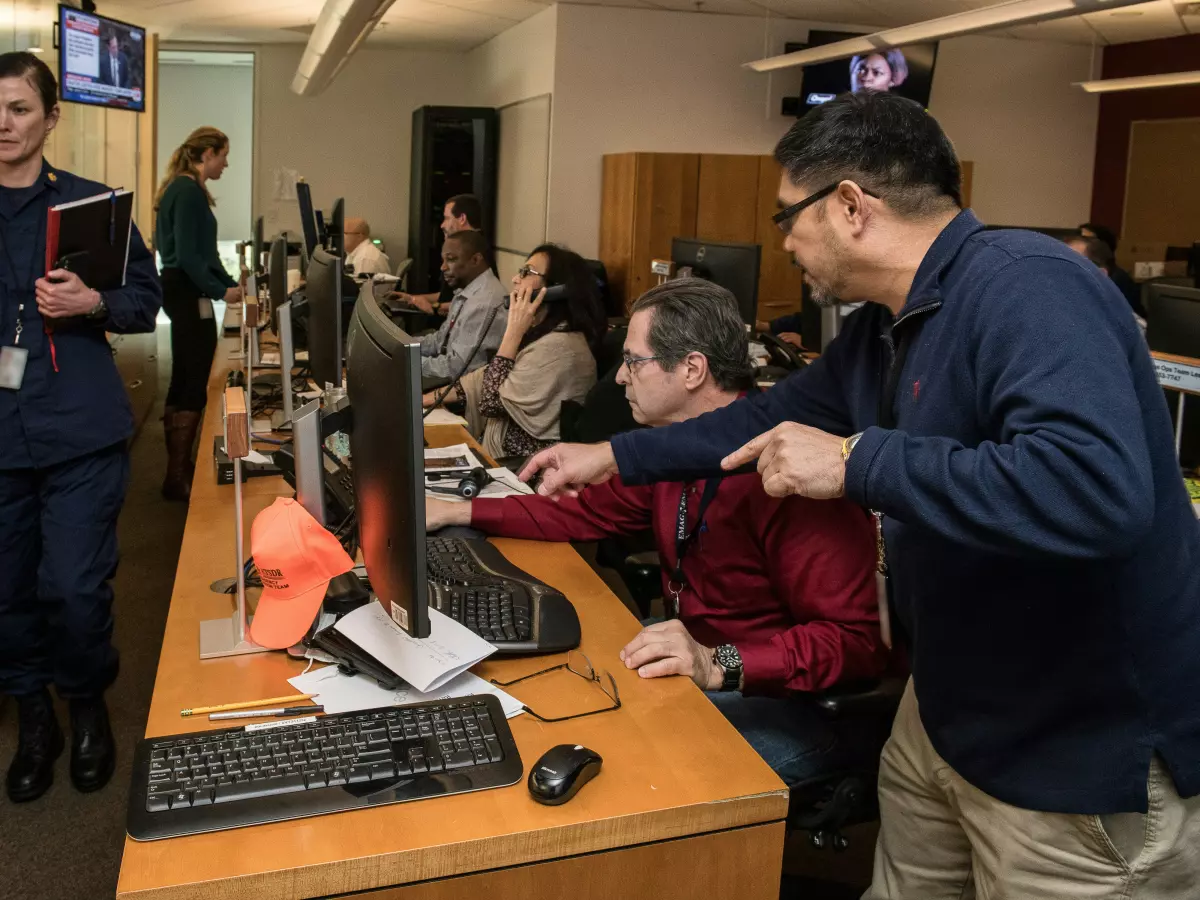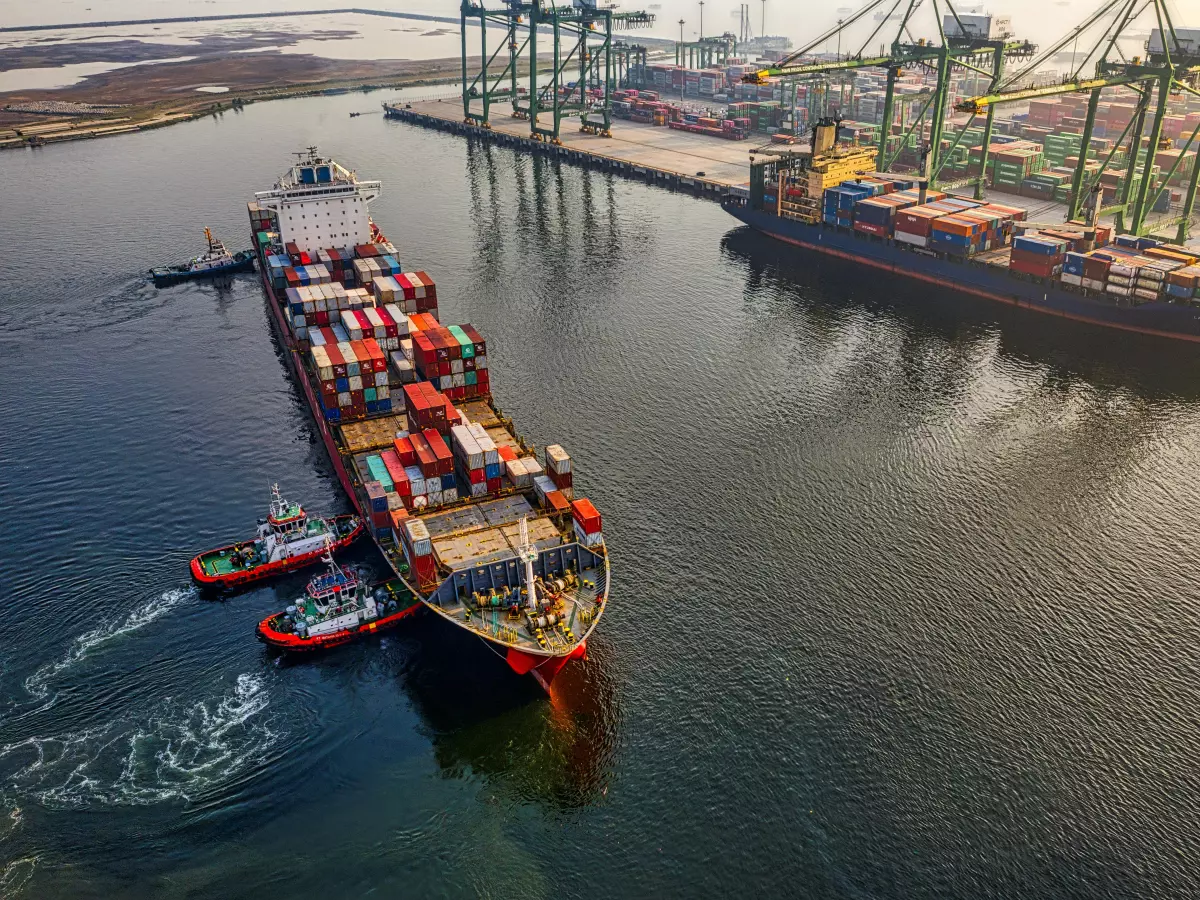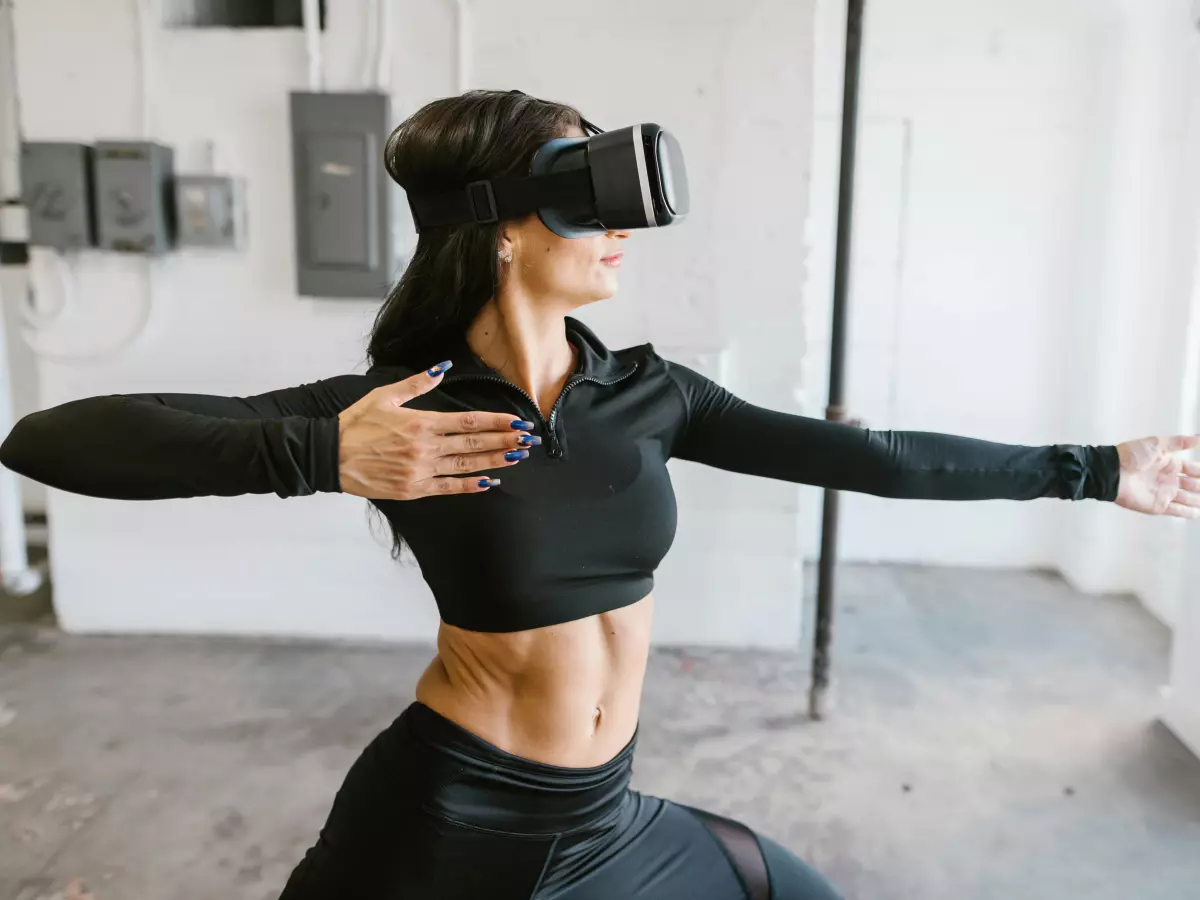Lights, Camera, Algorithms!
Think AI is just for robots and data crunching? Think again. The film industry is quietly undergoing a revolution, and no, it’s not just about CGI or special effects. AI algorithms are now playing a starring role in how movies are made, from the first draft of a script to the final edit. If you thought filmmaking was all about human creativity, buckle up—because the machines are coming for Hollywood.

By Sarah Kim
In recent years, artificial intelligence has made its way into nearly every industry, and the film world is no exception. But we’re not talking about AI-generated actors (though that’s a thing too). We’re talking about AI algorithms that are transforming the entire filmmaking process. From scriptwriting to post-production, AI is now a key player behind the scenes, making the magic of cinema more efficient, more creative, and sometimes even more human.
So, how exactly is AI changing the way movies are made? Let’s dive into the different stages of filmmaking and see where these algorithms are flexing their digital muscles.
Scriptwriting: Can AI Write a Blockbuster?
Imagine this: You’re a screenwriter staring at a blank page, waiting for inspiration to strike. Now imagine an AI algorithm that can analyze thousands of successful scripts, break down their structures, and suggest plot points, character arcs, and even dialogue. Sounds like science fiction? Well, it’s not.
AI-powered tools like ScriptBook and Plotagon are already being used to assist writers in crafting stories. These algorithms can predict which plotlines are likely to resonate with audiences based on data from previous films. They can even suggest changes to make a script more commercially viable. While AI isn’t quite ready to write the next Oscar-winning screenplay on its own, it’s becoming a valuable tool for writers looking to refine their stories.
But here’s the kicker: AI doesn’t just analyze what’s worked in the past. It can also help writers break new ground by suggesting unexpected twists or unconventional character dynamics. So, while AI might not replace human creativity, it’s certainly giving it a boost.
Pre-Production: Casting and Budgeting with AI
Once the script is locked, the next big challenge is casting. Traditionally, casting directors rely on their instincts and experience to find the perfect actors for each role. But AI is starting to change that too. Tools like Cinelytic and Largo.ai use machine learning to analyze actors’ past performances, box office data, and audience preferences to predict which actors will be the best fit for a role—and which ones are likely to bring in the most ticket sales.
And it’s not just casting. AI is also being used to streamline the budgeting process. By analyzing data from previous films, AI algorithms can predict how much a movie will cost to make, where the budget might run over, and even how much it’s likely to earn at the box office. This helps producers make more informed decisions and avoid costly mistakes.
Production: AI-Driven Cameras and Visual Effects
When it comes to the actual filming process, AI is making waves in some unexpected ways. For example, AI-powered cameras are now being used to track actors’ movements and adjust focus automatically, ensuring that every shot is perfectly framed. This not only saves time on set but also allows directors to focus more on the creative aspects of filmmaking.
Then there’s the world of visual effects (VFX). AI algorithms are being used to create more realistic CGI, de-age actors, and even generate entire scenes from scratch. Remember the digital resurrection of Carrie Fisher in Star Wars: The Rise of Skywalker? That was made possible by AI-driven VFX. And as AI technology continues to improve, we can expect even more mind-blowing visual effects in the future.
Post-Production: Editing with AI
Editing is one of the most time-consuming parts of the filmmaking process. But guess what? AI is stepping in here too. Tools like Adobe’s Sensei and IBM’s Watson are being used to analyze raw footage and suggest edits, cuts, and transitions. These algorithms can even predict which scenes will resonate most with audiences based on data from previous films.
But AI isn’t just speeding up the editing process—it’s also making it more creative. For example, AI can analyze the emotional tone of a scene and suggest music or sound effects that will enhance the mood. It can also help editors experiment with different styles and techniques, pushing the boundaries of what’s possible in film editing.
Distribution: Predicting Box Office Success
Once the film is finished, the next big challenge is getting it in front of audiences. And yes, AI is helping with that too. Algorithms are being used to analyze audience preferences, predict box office performance, and even suggest the best release dates for a film. This data-driven approach is helping studios make smarter decisions about how to market and distribute their films.
For example, Netflix famously uses AI to recommend content to its users based on their viewing habits. But it’s not just about recommendations. Netflix also uses AI to decide which films and TV shows to produce in the first place, based on data about what audiences are likely to watch. It’s a whole new way of thinking about film distribution, and it’s changing the game for both studios and audiences.
The Future of AI in Film: What’s Next?
So, what does the future hold for AI in the film industry? While we’re not quite at the point where AI can direct a movie (yet), it’s clear that these algorithms are becoming an integral part of the filmmaking process. From scriptwriting to distribution, AI is making films more efficient, more creative, and more personalized for audiences.
But here’s the big question: Will AI ever replace human filmmakers? Probably not. At the end of the day, filmmaking is an art form, and art requires a human touch. But AI is certainly making that art form more accessible and more innovative. As director Steven Spielberg once said, “Technology can be our best friend, and technology can also be the biggest party pooper of our lives. It interrupts our own story, interrupts our ability to have a thought or a daydream, to imagine something wonderful, because we’re too busy bridging the walk from the cafeteria back to the office on the cell phone.”
In other words, AI is a tool—a powerful one—but it’s up to us to decide how we use it. And in the world of film, the possibilities are endless.





